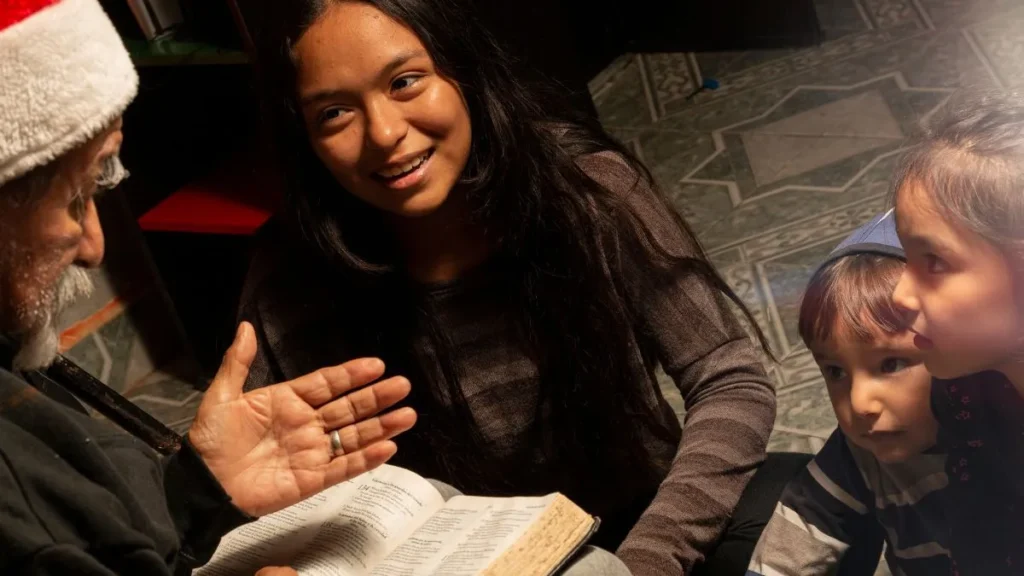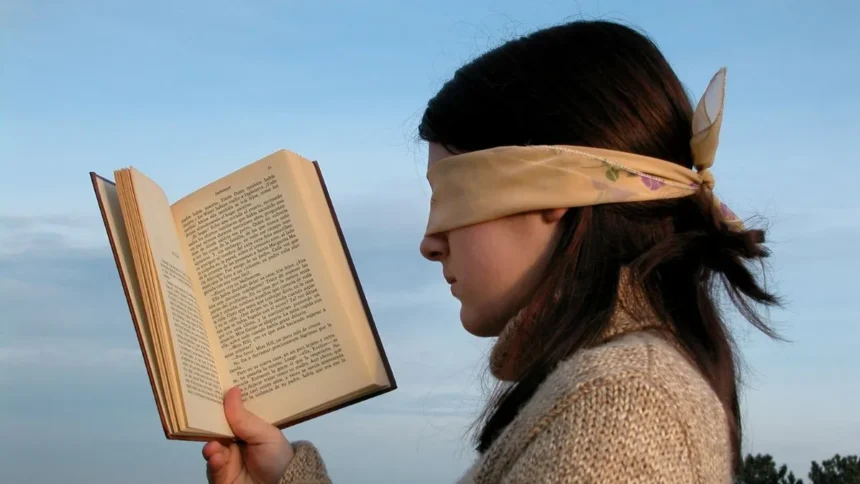Literature Goes Digital
With the rise of digital platforms and new storytelling mediums, literature has undergone significant transformation. Traditional literary forms are now complemented—and sometimes challenged—by new formats and genres that appeal to an increasingly digital audience. Ebooks, online publishing platforms, and even social media have introduced fresh ways to write, publish, and engage with literature, marking a new era of literary innovation.
In this digital landscape, literature is no longer limited to the physical page. Digital technology has unlocked new storytelling possibilities, enabling authors to experiment with interactive fiction, digital poetry, and genres that thrive in the online space. As a result, readers have more ways to access stories, authors have more platforms to share their work, and the literary community is expanding its reach globally.
Traditional vs. Digital Literature: Key Differences
While traditional literature is characterized by physical books and printed text, digital literature is more fluid, offering varied formats and interactive elements that go beyond conventional reading. The digital age has introduced multimedia storytelling, where text is sometimes accompanied by images, sound, and animation, blurring the boundaries between reading and visual experiences. Furthermore, digital platforms have shortened the distance between writers and readers, fostering greater engagement and collaboration.
Emerging Digital Genres and Platforms
The digital age has not only reshaped traditional genres but also introduced entirely new ones. The accessibility of online publishing and social media has allowed niche and experimental genres to flourish, reflecting the diverse interests of modern readers. Platforms like Wattpad, Kindle Direct Publishing, and Medium have democratized the literary landscape, enabling anyone with internet access to publish their work and reach a global audience.
Popular Digital Genres: Web Novels, Fan Fiction, and Digital Poetry
Web novels are serialized stories published online, often spanning multiple genres such as romance, fantasy, or science fiction. These stories have become immensely popular on platforms like Wattpad and Tapas, with some gaining large followings and even securing publishing deals. Fan fiction, another digital phenomenon, allows fans to create their own stories using characters and settings from existing works, fostering a vibrant subculture of reader-writers and a shared community experience.
Digital poetry has also gained traction, often shared on social media platforms like Instagram and Tumblr. This genre is typically characterized by shorter, visually impactful verses that are easy to read on digital screens. Modern poets, such as Rupi Kaur and Atticus, have gained popularity by adapting their work to the digital format, engaging readers with themes of love, self-reflection, and identity.
Platforms that Foster New Literary Forms
With platforms like Amazon’s Kindle Direct Publishing, self-publishing has become a viable option for aspiring authors. Platforms like Medium and Substack allow writers to monetize their work and build readerships without relying on traditional publishing. Additionally, sites such as Webtoon and Tapas provide opportunities for creators to publish comics and illustrated stories, allowing for storytelling that merges visual art and literature.
New Storytelling Techniques in the Digital Age
The rise of digital literature has sparked innovative storytelling techniques that cater to modern audiences’ reading habits and preferences. Authors are experimenting with format, narrative structure, and reader interaction to create immersive literary experiences.

Interactive and Multimedia Storytelling
Interactive storytelling has emerged as a popular format in digital literature, particularly in genres like mystery, adventure, and romance. Digital platforms and apps now offer “choose your own adventure” stories where readers make choices that impact the plot’s direction. This interactive approach has gained popularity in story-driven games and digital fiction, creating an engaging reading experience where the reader becomes an active participant.
In multimedia storytelling, elements like videos, images, and soundscapes are embedded within the narrative, creating a multisensory experience. This approach enhances traditional storytelling by evoking emotions and setting a tone that text alone may not achieve. Web-based novels and interactive apps, like Hooked and Galatea, are adopting multimedia techniques to immerse readers in complex, dynamic worlds.
Episodic Writing and Short-Form Content
The digital age has ushered in shorter, episodic formats that suit readers with busy schedules or limited attention spans. Serialized storytelling, popularized by platforms like Wattpad and Radish, allows authors to release their work in chapters or episodes, keeping readers engaged over time. Short stories, flash fiction, and microfiction are also popular in digital literature, often shared through social media or apps like Twitter and Instagram, making literature more accessible and digestible.
Engaging Readers in the Online World
The digital age has brought about a shift in how readers interact with authors and with each other. Social media, online forums, and virtual book clubs provide platforms for readers to discuss literature, share recommendations, and engage with authors in ways that were previously impossible.
Social Media and Reader-Author Interaction
Social media has significantly altered the reader-author relationship. Platforms like Twitter, Instagram, and TikTok allow authors to build personal brands, share insights into their creative processes, and interact with fans directly. Many authors use these platforms to promote their work, gather reader feedback, and create a loyal following, transforming their readers into a supportive community.
Additionally, book-themed social media communities, like BookTok (TikTok’s book community) and Bookstagram (Instagram’s literary community), have become influential spaces for book recommendations, reviews, and discussions. These platforms provide a collaborative space where readers, writers, and publishers can connect, discover new works, and celebrate literature together.
Virtual Book Clubs and Literary Communities
Virtual book clubs have gained popularity, enabling readers from around the world to connect and discuss books in real-time. Platforms like Goodreads, Discord, and Zoom allow readers to form communities based on shared interests, fostering dialogue around themes, genres, and authors. Virtual book clubs have become especially popular since the COVID-19 pandemic, providing a way for literature lovers to stay connected despite physical distancing.
These communities often extend beyond book discussions, featuring live readings, Q&A sessions with authors, and themed events that create an interactive and inclusive space for literature enthusiasts.
Online Book Events and Author Readings
Digital platforms have enabled authors to host online book launches, live readings, and virtual meet-and-greet sessions. This trend has made literature more accessible, as fans who may not be able to attend in-person events can participate in virtual events from anywhere in the world. Events hosted on platforms like YouTube Live, Instagram Live, and Facebook Live allow for a global audience and real-time interaction, enhancing reader engagement and community building.
The Future of Literature
The digital age has undoubtedly reshaped the landscape of literature, fostering new genres, storytelling techniques, and ways to connect with readers. Technology has opened doors to a more inclusive and accessible literary world, where readers and writers can share stories without the constraints of traditional publishing. While digital literature has introduced many changes, the essence of storytelling remains the same—a way to connect, inspire, and evoke emotion across diverse cultures and backgrounds.
Looking to the future, literature will likely continue evolving alongside technology. Innovations like augmented reality, artificial intelligence, and virtual reality hold potential for new storytelling formats that merge the boundaries between books, games, and interactive media. However, despite these technological advancements, the power of a well-told story remains timeless. Whether in print or digital form, literature will continue to captivate audiences and inspire readers to explore new worlds, ideas, and perspectives. As the digital age advances, literature will adapt and grow, expanding its reach and impact in unprecedented ways.







